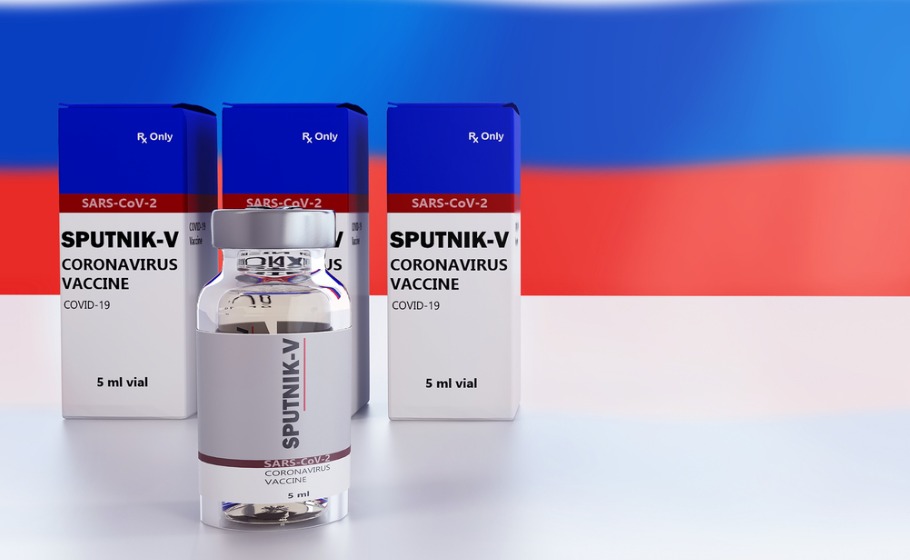
Coming soon: Sputnik V in India; know the efficacy, cost and distribution

Russia’s Sputnik V vaccine, granted restricted emergency use by the Drugs Controller General of India (DCGI) on Monday (April 12), is the only vaccine other than that of Pfizer and Moderna to show efficacy of over 91.6 per cent against COVID-19 when taken in two doses in a gap of 21 days.
With the DCGI permission, it is now matter of days before India begins administering the Russian vaccine in a deadly scenario where the country’s daily caseload is at unprecedented level with many states complaining of vaccine shortage. India has so far rolled out two vaccines – Covishield and Covaxin.
Here’s an introduction to the Russian jab:
Sputnik V is developed by Russia’s Gamaleya Institute and funded by the Russian Direct Investment Fund. The vaccine trial was conducted on 20,000 volunteers all aged above 18 years.
Data findings
The Lancet data says vaccine efficacy was 91.8 per cent in volunteers older than 60 years. There were no cases in the vaccine group while 20 cases in the placebo group with moderate or severe COVID-19 were confirmed at least 21 days after the first dose. Thus, the vaccine efficacy against moderate or severe Covid cases was shown as 100 per cent.
Also read: Bengaluru firm to produce 200 million doses of Russian COVID vaccine
There have been no serious adverse effects related to Sputnik V vaccination, except grade 1 events such as flu and headache. Some side effects to a vaccine are expected, but these are usually mild, including a sore arm, tiredness and a bit of a temperature. There were no deaths reported in the vaccinated group.
The Lancet data showed that of the 19,866 who received two doses, 70 cases of serious adverse events were seen. But these were not considered related to vaccination.
Dosage and price
The vaccine is given intramuscular (0·5 mL/dose) in a prime-boost regimen. Unlike other similar vaccines, the Sputnik shot uses two slightly different versions for the two doses. The first dose (rAd26) is a different vector and the second dose is (rAd5). Both vectors carry the gene for full-length SARS-CoV-2 glycoprotein or protein S (the virus that causes COVID-19). The objective is that using two different formulas boost the immune system even more than using the same version twice.
The price of Sputnik V is less than $10 per jab. In India, Covishield and Covaxin are being sold at Rs 250 a dose at private facilities and for free at government facilities.
Storage
The vaccine can be stored in two forms: in the liquid form, it needs minus 18 degree C and in the powdered form it requires temperature storage of 2-8 degree Celsius. That means it can be stored in fridges, not needing an additional cold-chain infrastructure.
Where else it being used
In 60 countries including Pakistan, Myanmar, Sri Lanka, Vietnam, Argentina, Belarus, Bolivia, Serbia, Algeria, Palestine, Venezuela, Paraguay, Turkmenistan, Hungary, the UAE, Iran, Republic of Guinea, Tunisia, Armenia, Mexico, Nicaragua, Republika Srpska (entity of Bosnia and Herzegovina), Lebanon, Mongolia, Bahrain, Montenegro, Saint Vincent and the Grenadines, Kazakhstan, Uzbekistan, Gabon, San-Marino, Ghana, Syria, Kyrgyzstan, Guyana, Egypt, Honduras, Guatemala, Moldova, Slovakia, Angola, Republic of the Congo, Djibouti, Laos, Iraq, North Macedonia, Kenya, Morocco, Jordan, Namibia, Azerbaijan, Philippines, Cameroon, Seychelles, Mauritius, Antigua and Barbuda, Mali and Panama.
Production tie-up
The Russian Direct Investment Fund has announced production agreements with five Indian manufacturers for more than 400-500 million doses of Sputnik V a year. Dr Reddy’s Laboratories has a tie-up for the distribution of the Russian vaccine.
Also read: Sputnik V jabs by April-end, India to produce 850 mn doses annually


